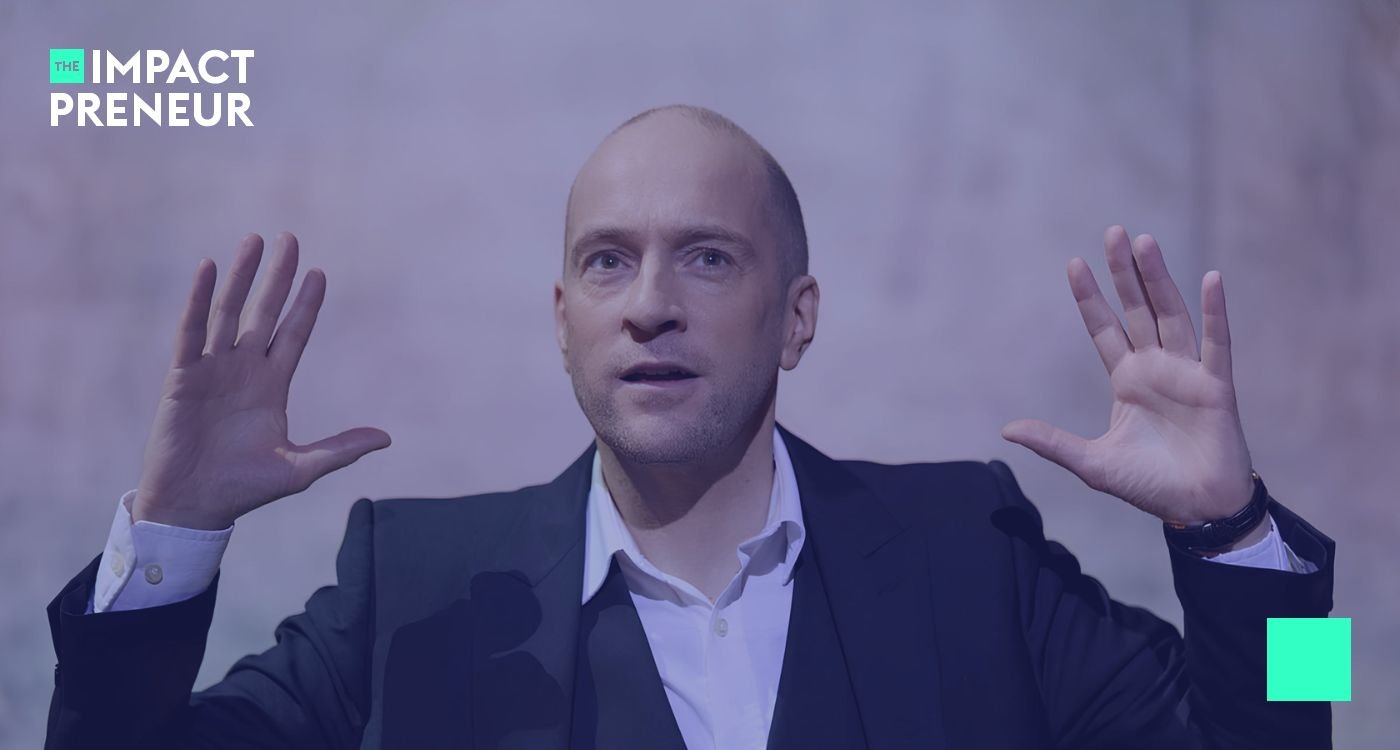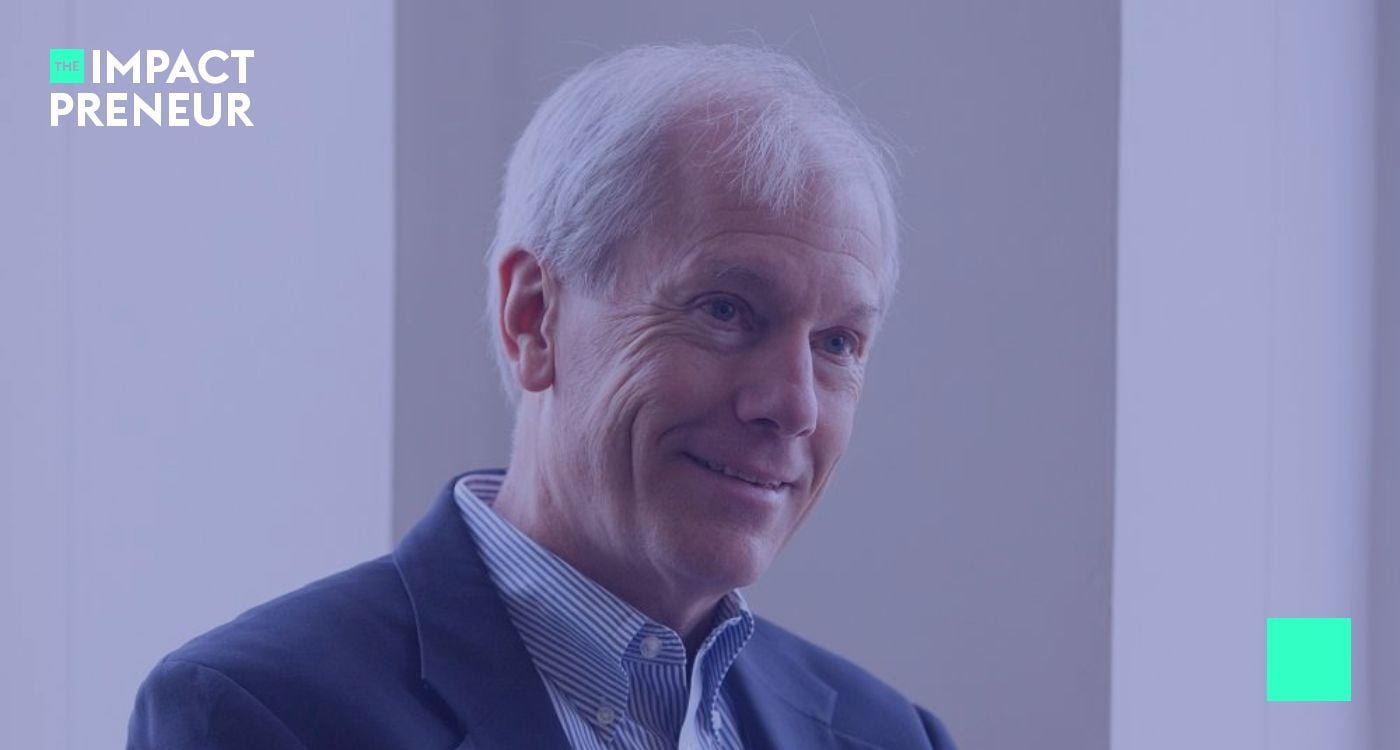Photo by Maria Geller
Ever caught yourself staring into space, only to shake it off and dive back into your phone? Hold up! What if I told you that blank stare could be the gateway to your next big idea? Yes, you heard that right. Let’s chat about how those "do nothing" moments are actually your brain’s favorite time to party.
Quick Bites:
- Boredom: Who knew it could be your creative muse?
- Our screens are stealing our chance to daydream.
- Simple habits can transform your boredom into a brainstorm.
Boredom: The Brain's Creative Powerhouse
Imagine this: You're just chilling, maybe doodling or pacing, and bam! A wild idea appears. Sounds familiar, doesn’t it? This isn’t just random; science backs it up. When we zone out, our brain kicks into high gear, connecting dots and solving puzzles in the background.
"Ever found yourself daydreaming, and suddenly, you've solved a problem without even trying?" Manoush Zomorodi, a journalist turned podcasting pioneer, shares her own eureka moment that came while pushing a stroller around. It’s like our brains on boredom are these idea factories we never knew we had access to.
"Once you start daydreaming and allow your mind to really wander, you start thinking a little bit beyond the conscious, a little bit into the subconscious, which allows sort of different connections to take place. It's really awesome, actually," reflects Manoush
But here’s the kicker: our smartphones, with their endless pings and scrolls, are hijacking these golden moments. Every buzz and beep is like a thief, sneaking away with our chances to daydream. Ever thought about that? We’re too glued to our screens to let our minds wander through the wilds of imagination.
It’s crazy, right? In a world obsessed with staying "on," those moments of doing absolutely nothing are where the magic happens. Our brains need that downtime to cook up something brilliant, but instead, we're serving them an all-you-can-eat buffet of digital distractions.
The Price of Always Being "On"
Let's talk numbers for a sec. Did you know the average person checks their email 74 times a day and jumps between tasks over 500 times? Yep, our brains are doing the digital equivalent of running a marathon every day, and not the fun kind.
This isn’t just about missing out on creative sparks; it’s about losing our deep-thinking mojo. Our capacity to dive deep, muse over life's big questions, and come up with groundbreaking ideas is getting drowned out by the noise of constant connectivity.
"A decade ago, we shifted our attention at work every three minutes. Now we do it every 45 seconds, and we do it all day long," Manoush points out.
This shift isn't just alarming; it's a wake-up call. Our brains are getting fried from all this multitasking, and what’s worse, we’re letting the best ideas slip right through our fingers. Isn't it ironic? In an age where we pride ourselves on our digital savvy, we're actually cornering ourselves into a state of mental clutter. Each notification is a siren song, luring us away from the treasure trove of ideas waiting in the depths of our minds.
The "Bored and Brilliant" Breakthrough
So, what happens when we dare to disconnect? Manoush threw down the gauntlet with her "Bored and Brilliant" challenge, urging folks to ditch their digital chains and let boredom lead the way to innovation. And guess what? It worked like a charm.
The results were nothing short of a revelation. Participants felt more connected to themselves, more rested, and you guessed it, way more creative. They discovered that the cracks in their day, previously filled with mindless scrolling, were actually opportunities for their brains to stretch and soar.
"Turns out, thousands were craving a break from their screen's embrace," Manoush found. This massive response wasn't just surprising; it was a loud and clear message. We're all itching to reclaim those moments of nothingness and turn them into something spectacular.
This wasn’t just an experiment; it was a revolution. A call to arms against the digital onslaught, proving that stepping back is actually a giant leap forward for our creativity. It showed, beyond a doubt, that in the silence of doing nothing, lies the potential for everything.
Boredom to Brilliance: How To Make It Happen
Ready to turn your boredom into your brainstorm? Here are a few steps to get you started:
- Digital Detox: Start small. Carve out tech-free zones in your day or week. Meal times, the first hour after waking up, or right before bed are perfect places to begin.
- Embrace the Mundane: Next time you’re on autopilot (think folding laundry or washing dishes), let your mind roam free instead of reaching for your phone. Who knows where it might take you?
- Schedule Some Nothing Time: Sounds weird, right? But intentionally setting aside time to just be can open the floodgates to creativity.
In wrapping up, remember, boredom isn’t a gap in your schedule; it’s a blank canvas for your imagination. Next time you reach for your phone to kill time, pause. Give yourself the gift of boredom. Your brain might just surprise you with brilliance. Who knew doing nothing could lead to something so amazing?
Questions on the Topic
Q: Can being bored actually make me more creative?
A: Absolutely! You know that feeling when you're staring at the ceiling, and suddenly, a lightbulb goes off in your head? That's not just a fluke. Science backs it up. When you're bored, your mind wanders, sparking the "default mode network" in your brain. This is the VIP lounge where your brain connects dots it usually wouldn't, solving puzzles and hatching your next big idea. Imagine this: you're folding laundry, and bam! You've solved climate change. Okay, maybe not that grandiose, but you get the picture.
Q: How did smartphones change our boredom?
A: It's 2007, and smartphones enter the scene, transforming us into notification-checking zombies. Suddenly, every spare second is filled with scrolling, liking, and swiping. Remember when waiting in line meant daydreaming or striking up a conversation with a stranger? Now, it's all about catching up on emails or beating the next level of Candy Crush. Our brains are on constant alert, and those once-cherished boredom moments are now occupied by our digital companions.
Q: What's the big deal about the "default mode network"?
A: When you're doing something mundane, like taking a shower or going for a walk without your phone, your brain slips into this mode. It's when you're not trying to solve a problem that your brain gets busy connecting ideas, reflecting on your life, and planning your future. It's like your brain's doing all the heavy lifting while you're just zoned out. Who knew doing the dishes could lead to your next eureka moment?
Q: Did any real-world experiments show how detaching from phones can boost creativity?
A: Manoush Zomorodi's "Bored and Brilliant" project was a real eye-opener. Thousands of people signed up to tweak their phone habits, like keeping their phones in their pockets or deleting that time-sucking app. The results? Not only did people report feeling happier and sleeping better, but they also discovered pockets of creativity they didn't know existed. From spontaneous stair climbing for exercise to finally feeling the gears turning in their heads, it was a wake-up call to how our phones can stifle our creative potential.
Q: So, should I throw my phone into the ocean?
A: Hold up! don't go all dramatic now. It's not about ditching your phone but about being mindful of how you use it. It's about reclaiming those cracks in your day and giving your brain a chance to meander through the meadows of boredom. Next time you're about to reach for your phone, pause. Ask yourself, "What am I really looking for?" If it's just a distraction, why not let yourself be bored instead? You might just stumble upon your most brilliant idea yet.




